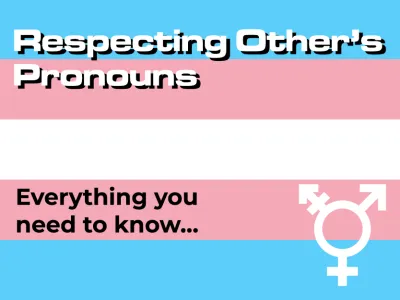
Writers’ Club #8 - Why The Paris Agreement Is So Crucial
Include this article in your Skills Builder Journal. It could help you develop... ![]()

A little while ago, we held a competition to create a new club of writers. Over the next few weeks, we’ll be introducing you to our winners, and the entries they submitted that got them their spot! This entry was submitted by Eve and is all about tackling the climate crisis…
Climate change isn’t just ravaging the planet’s ecosystems and destroying the rainforest. It will creep onto UK soil and we will have nothing to defend ourselves. Not the ozone, not the atmosphere, not the electric cars or the recycling plants. We will simply fall victim to the climate and its extreme weather weapons, and it’s coming sooner than you think…
For those who are unsure, the Paris Agreement is the first ever international treaty committing governments to address the issue of climate change. It means that all 188 countries that have signed the agreement are committed to preventing the global temperature of Earth from rising by more than two degrees, but ideally, by 1.5 degrees Celsius. Not only does this create a worldwide effort to save the planet, the wildlife and low-lying communities, but it holds countries to their word to contribute to ending the climate crisis.

However, some countries have not signed the agreement, including Iran, Turkey, Eritrea, Iraq, South Sudan, Libya and Yemen. The United States also left the agreement during Trump’s presidential term, but have since re-joined under Biden’s presidency. This shows how the agreement is flawed in creating a global collective to tackle an issue affecting everyone and therefore the impact has not been achieved. The agreement is also currently not working, as it hasn’t increased climate action enough to curb the world’s current carbon emissions. Countries that haven’t signed the agreement are also (by majority) war torn, suggesting that either they don’t believe the fighting will end to lower their carbon emissions, or they cannot commit to an agreement that may reduce their national income significantly when they are already struggling.
Additionally, some countries have been able to “cheat the system” and in turn, their corrupt accounting has led to easy changes in their emissions without repercussions. Take Brazil for example, the country most at risk of climate change. The country that has within its borders what some people call the lungs of Earth - the Amazon Rainforest. The same country that has deforesters destroying the rainforest at a rate of 11000km2 per year due to illegal logging, agriculture and medicinal purposes. And yet the government is willing to turn a blind eye to these practices and change their numbers, making it seem as though their carbon emissions are reducing, whilst they are actually increasing. All the while they continue to remove the trees that would in reality reduce their emissions. Therefore, not only is the Paris Agreement failing in the global effort to prevent climate change, but it is also failing to target individual countries and reprimand them for undermining the agreement.
However, the Paris Agreement did put in place solutions as they anticipated most countries’ plans being insufficient to meet climate action needs. For example, the treaty’s designers inserted a clause to the Agreement requiring countries to increase their climate action plans, targets and aims steadily over time and to keep them under review to ensure they are on track to meet the Agreement’s global effort targets.
The real winning combination is the Paris Agreement and public action. The best example of this is the youth climate strikes that were organised and carried out by those under the age of 24. The impact that youth can have is immense, especially when our words are so emotionally charged, with rallying cries of “this is our futures you are playing with” and “we will be the ones to live with your mistakes” when addressing the older generation in power.. When will these adults take notice of the younger generation - who have been educated on climate change and will have to live with the permanent damage caused by the ignorance of those in power now - and admit their wrongdoing?

Politics won’t stop the ice caps from melting. Words won’t stop polar bears migrating to grizzly bear territory, resulting in interbreeding and the possibility of infertile hybrids being produced. Ignorance won’t prevent the Sahara Desert from covering Africa, and deaf ears won’t prevent low lying areas from being flooded and drowned. We have to build climate activism from the ground up and not rely on the political hierarchy to solve the problems.
But don’t worry, there is some hope for Earth! The COP26 (Conference of the Parties 2026) climate conference has a collaboration with the Paris Agreement to discuss each country’s progress in tackling their carbon emissions and the climate crisis in their corner of the world. It also gives countries the opportunity to discuss the path forward in terms of funding (for poorer countries by way of donations from wealthier, more developed countries) and climate decisions in the future. Not only does this create a level playing field, but it also monitors each country closely to ensure each one is doing its part.
The world may be on fire right now, but there is possibility of light at the end of the tunnel. Species can be saved. Temperatures can be maintained. Earth’s climates can be recovered and the climate crisis can be ended.
Check out some of our other Writers’ Club winning submissions! Here’s Jay’s piece on the importance of mental health in the transgender community, and Simran’s piece on exploring what it means to be a woman of Sikh faith.




